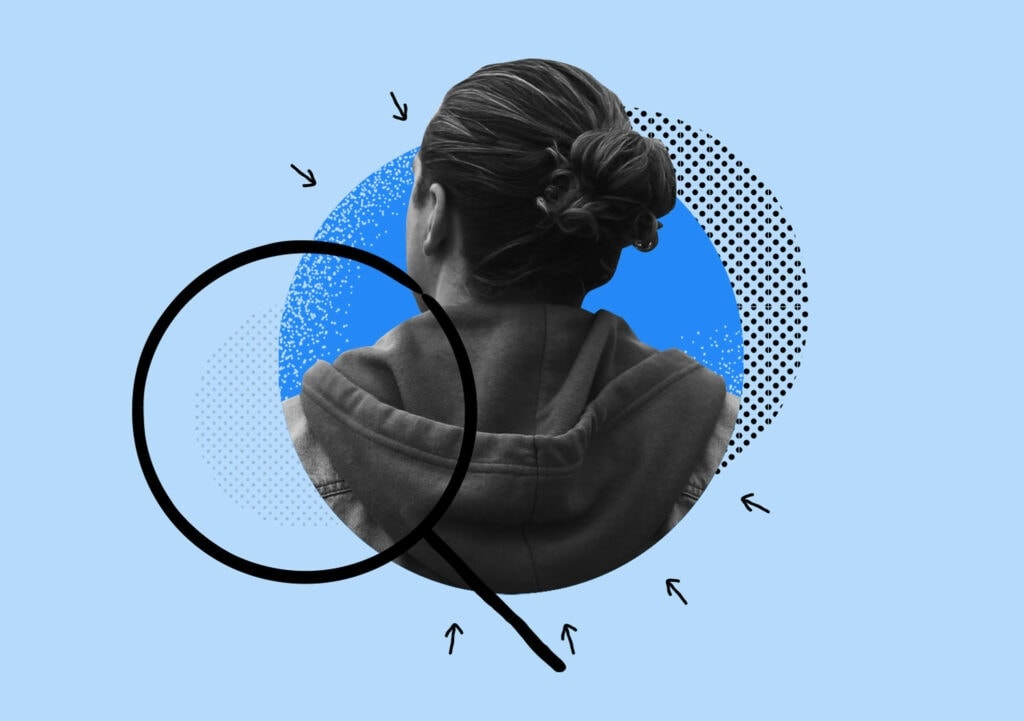Employment gaps throughout a person’s career can be common, whether because of school, travelling or for personal reasons. What’s challenging is addressing these gaps during job applications and interviews. There are many articles online advising candidates how to explain resume gaps… but how should resume gaps be approached from the employer’s side?
With COVID-19 leading to record highs in unemployment—the overall employment number was within 1.1 million of pre-pandemic levels at the end of August, according to Global News—many people are likely looking for jobs right now after a number of months without one. As companies resume hiring, it’s important as a hiring manager to be mindful of the fact that a number of applicants have likely been looking for work for a long time, time in which they've been out of work.
Honesty is the best policy when it comes to employment gaps, and, ideally, no hiring manager should be judging people who have a gap because of COVID.
An anonymous user on LinkedIn created a ‘company’ called “The Coronavirus Job Gap” where they advise people that an employer should never ask about this current gap in their resume. They write that the purpose of the group is to allow people to add the ‘company’ to their work experience on LinkedIn, saying:
If you lost your job because of the coronavirus, update your resume now:
- Add your new title at the company “The Coronavirus Job Gap” to your LinkedIn profile under “Experience” for the duration of your unemployment.
- Explain your experience during your unemployment as it applies to you under “Description.” This could be anything from “Taking courses” or “Focusing on friendships” to “Discovering great modern literature”.
- Publish.
There is still a stigma against taking “breaks” between jobs, even when the situation is outside of a person’s control. As a hiring manager, you can work to break down that stigma. David Mendoza of Next Stop Canada hopes that employers will show more flexibility and humanity towards people who are facing hardships while trying to right their professional paths. He writes, “What we are going through right now is unprecedented but it also opens up spaces to increase our self-awareness and design the life and career paths we want to walk.”
If you do want to ask candidates about how they spent their time isolating and what they learned from the experience, be sure not to weigh the answer too much when making your hiring decision.
While the ideal candidate is maybe someone who took initiative during their time social distancing, whether to learn a new skill or refresh an old one or to strengthen relationships (from a distance, of course), don’t make that the default expectation when interviewing. It’s been a challenging time for everyone, with many people taking a mental break or struggling with self-isolation.
As cliche as it might sound, read between the lines when discussing a candidate’s resume (and resume gaps).
Pay close attention to the language that the candidate uses. Don’t expect overwhelming positivity but take note of their silver linings.
Listen for phrases like:
- “It was an opportunity to…”
- “What I learned from this…”
- “I am grateful for…”
How a person talks about different experiences—particularly those that are challenging—is a great indicator of what kind of person they are, how they view the world generally, and what kind of employee they might turn out to be.
With candidates now worrying that they might not even have the chance to interview for roles if their resume shows any employment gaps it may be time to re-think the linear career model.
MarketWatch writes about how employees should be treated moving forward, saying that “companies should consider implementing policies and practices that reduce the use of stereotypes and cognitive shortcuts, similar to those used to root out discrimination by race, gender and other ascriptive characteristics”.
Having clear guidelines within your company about how to manage resume gaps will ensure that you aren’t missing out on otherwise qualified applicants.
Some awkwardness is to be expected. Be understanding and patient; people likely haven’t been socializing as much as they used to and may be feeling extra nervous.
Times are tough and uncertain. Add job hunting and unemployment and financial concerns on top of a pandemic, and it can make things seem nearly impossible for some candidates. Ensure your company is being mindful of people’s current struggles when looking to fill a new position and you’ll be able to find the best candidate for the job—even if they’re not at their best in the interview.



